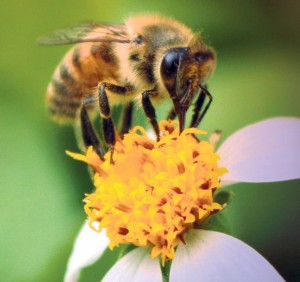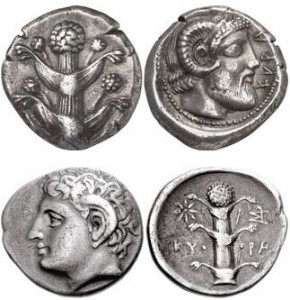SUNDAY, 7 NOVEMBER 2010
 We are in the middle of a mass extinction event. Conservationists spend enormous amounts of time and resources trying to minimise the number of species lost. Extinctions, both human-caused and otherwise, are by no means unique to this period in time, but the current pace and scale set today apart. Most writing on the subject assumes everyone to agree that biodiversity should be conserved. But is this really the case? And at what cost? Why should we bother to conserve biodiversity?
We are in the middle of a mass extinction event. Conservationists spend enormous amounts of time and resources trying to minimise the number of species lost. Extinctions, both human-caused and otherwise, are by no means unique to this period in time, but the current pace and scale set today apart. Most writing on the subject assumes everyone to agree that biodiversity should be conserved. But is this really the case? And at what cost? Why should we bother to conserve biodiversity?A huge number of species are indispensable to us, and for these, the benefits of conservation are clear. For example, 35 per cent of global food production depends on pollinators. Studies on coffee – one of the most valuable exports of developing countries – have shown the importance of both a diverse range of bee species and proximity of the plantation to natural forest for successful pollination and crop yield. Therefore, there is an indisputable case for conserving targeted areas and species. But surely if a species is economically valuable, self-interested groups will ensure its survival and there is no need to worry about conservation. History suggests otherwise.
The plant ‘silphion’ was an extremely important herbal contraceptive and medicine with a critical role in the ancient Cyrenean economy. It was so important that it appeared on coins of the time. Despite this, silphion mysteriously became extinct; in this case, self-interest alone could not protect even the most important of species. Whole groups of people have died out because they took too much from their environment; the famous collapse of the entire Easter Island civilisation is one example. It is clear then that efforts to conserve economically important species should still be a priority, but what about species with no clear use or economic value?
Many efforts to conserve species that are not indispensable to humans are still shaping and changing the environment for our own purposes. For example, charity funding for conservation often focuses not on species of any material value to humans, but on those that we are simply fond of. This targeted conservation just skews biodiversity in favour of organisms that we like. While the loss of such species is saddening, does it warrant the resources required to save them?
For me, conservation should be put in its global context. The most concerning aspect is not the intrinsic loss of biodiversity, which will always bounce back, but the consequences of this loss for humans. The complexity of ecosystems and interdependence makes it difficult to determine the value of each species; the loss of apparently insignificant species can have drastic consequences for others, which may be more valuable to us. For this reason, the value of any organism can not be underestimated. But sometimes this value is less than the cost of conservation; in these cases, conservation of biodiversity should be balanced with other concerns, and resources should be directed towards projects that more clearly benefit mankind.
Imogen Ogilvie is a 3rd year undergraduate in the Department of Zoology

